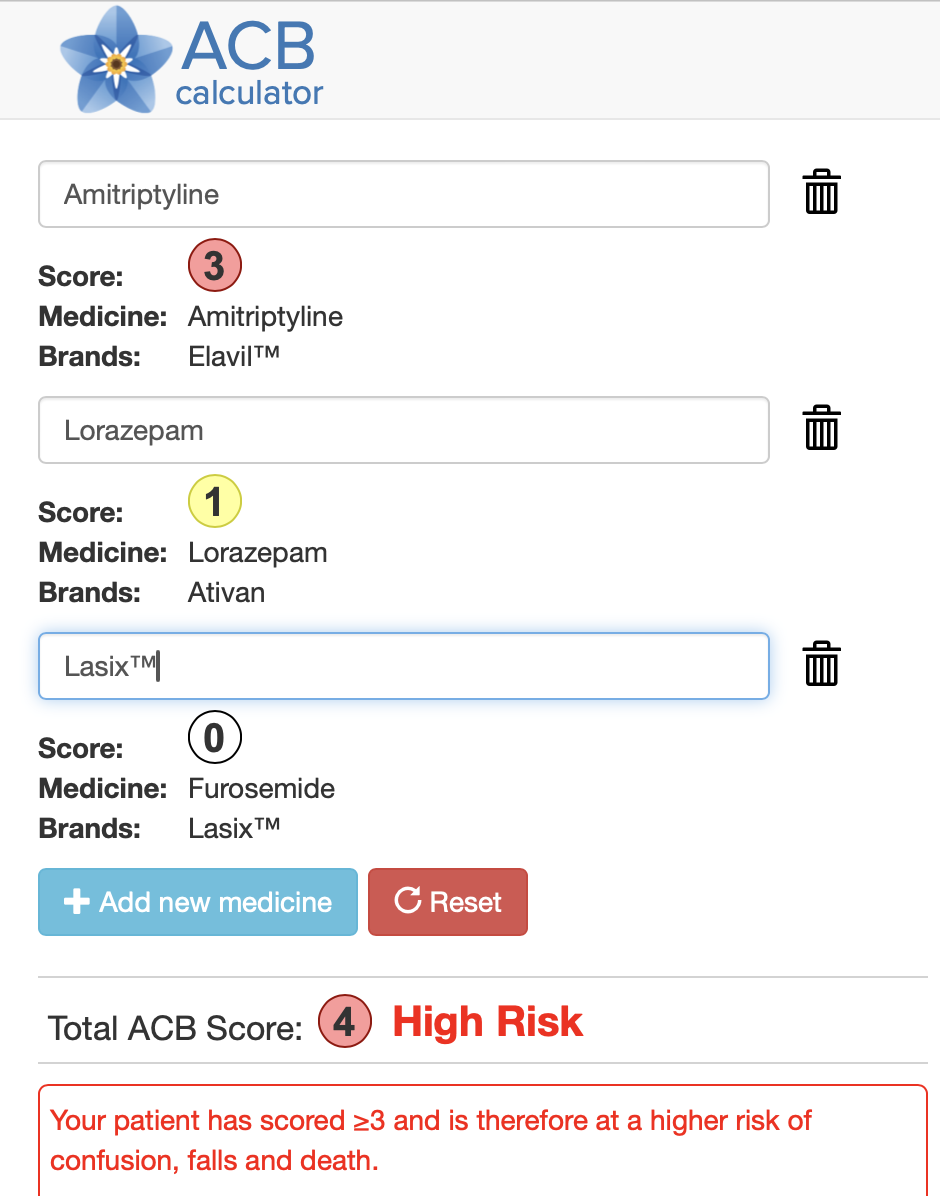Amitriptyline and dementia (Limited Release Article)
November 11 2024 | Last Updated: Nov 11 2024
Table of Contents
What is Amitriptyline?
Amitriptyline is a prescription drug that many people take every day.
It is used to treat depression, migraines, chronic fatigue, sleep disorders, fibromyalgia, and neuropathic pain syndromes.
It increases the amount of serotonin and norepinephrine in the brain by stopping their reabsorption by a certain type of “membrane pump” on the ends of your neurons.
It can also decrease the amount of other neurotransmitters like acetylcholine, which is why it is known as an “anticholinergic drug”.
The link to dementia
New studies looking at long-term outcomes over 10+ years have found amitriptyline and other anticholinergic medications can lead to a 50% increased risk of dementia.
Acetylcholine is needed in the brain for proper memory formation.
The risk of dementia is even higher if you are on other drugs that are also anticholinergic, such as certain medications for bladder control.
Your brain cells, called neurons, communicate by sending signals with neurotransmitters like acetylcholine, serotonin, dopamine, etc. Medications that act on the brain can increase or decrease these transmitters leading to both benefit and harm, depending on the circumstance.
Are you at risk?
The more anticholinergic medications you are taking, the higher your risk for dementia, and the earlier symptoms might appear.
You can calculate your medications’ “anticholinergic burden” (ACB) with this free online calculator: https://www.acbcalc.com.
Use this online calculator to find out which of your medications could be putting you at increased risk for dementia.
What to do about it
Ask your pharmacist whether you’re taking any medications that are anticholinergic
Book an appointment with your doctor or nurse practitioner to talk about these medications. Booking a separate appointment from other concerns will help ensure your healthcare provider has a enough time to review why you are on the drug, alternatives, and come up with a safe plan to get you off the medication.
Do not stop taking these drugs without the help of a medical professional. Some of these drugs can have withdrawal symptoms.
Pharmacists are experts in medications and medication side effects. Ask to speak to yours about which of your medications are anticholinergic.
Related Posts
Disclaimer: The content on Aldora Health is for educational and informational purposes only and is not intended to substitute for professional medical advice, diagnosis, or treatment. Always seek the advice of your physician or other qualified health provider with any questions you may have regarding a medical condition. For more read our Terms of Use.







